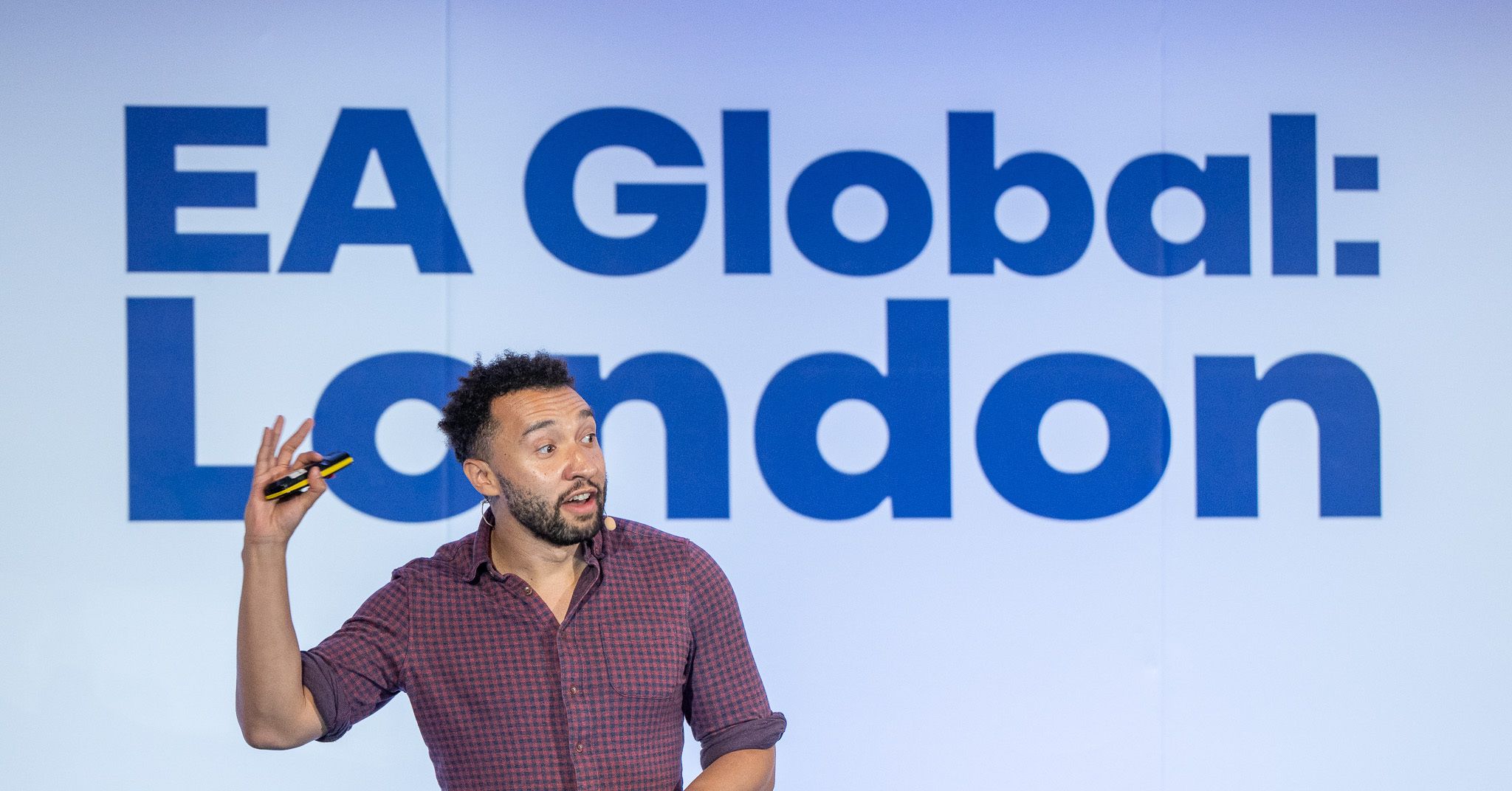(How to end animal factories at least in the western countries, I do not know how different it would be in poorer countries with not so democratic regimes)
- Figure out what possible negative consequences would occur, if the animal factories would be banned altogether... Do some people need the animal products because of necessary medical/health reasons? Would there be then enough of these products from local farms? What to do with the surviving animals inn factories? To figure this out, we could create a team of people that would do a research, find experts and think it through.
- Get lawyers to prepare a legal referendum in each country about stopping this. And also prepare how to ensure that local farms are transparently supervised. And set a goal of a number of people persuaded and put a counter on a website, where people would register to pre-agree to the referendum.
- Get experts to prepare a course for people to explain all the possibilities of vegan diet. This will be important because without factories the supply of animal products is goin to drastically decrease.
- Get sales people and marketers to create an online course that would teach volunteers how to persuade their friends, family, etc… to pre-agree to the referendum… (Talk about documentaries, show some footage if necessary, or host a documentary screening, and then encourage people and show them that there is a solution, that we can take collectively to end this suffering - without arguing with people whether it makes a difference to become vegan or is healthy to eat meat)
- Create a campaign, that would be driven not by funds, but by volunteers, who would create content on social media.
- As more and more volunteers will join and more and more people persuaded, we will sooner or later hit the number needed for making the referendum happen, in each country.
And that will be the end of this hell.
I think we can restrict ourselves when needed. When Covid hit, we locked ourselves up. This wouldn’t even be as uncomfortable, and would solve a larger crises.
I'm not just a talker, I want to create this movement - write to me and let's start with the first step. Or tell me who can I contact, who could give me more insight or could make this happen.



Hi Josef, I love that you're wanting to strategize on how to end factory farming.
At the time of writing your post has a -11 score. In case you are confused about why, I suspect that it's because, whether this is true or not, your post comes across as not being very well researched or well thought out.
I wonder, have you talked much or worked with many activists or organisations in the farmed animal advocacy space?
You've presented a very vague plan to solve a problem that many on this forum think is one of the biggest, most difficult problems in the world!
For example between steps 5 and 6, you seem to just gloss over the challenge of convincing people to give up meat and go vegan, which is immensely difficult!
Additionally, the plan you've proposed is is already being done. Just this year there have been ballot initiatives and votes on banning factory farming. There are dozens of orgs, many led by health professionals, creating content on vegan diets. There are marketers and vegan influencers and all the rest.
When you say you want to start a movement, what exactly do you mean? Your plan covers a large chunk of the existing animal advocacy movement. What would your "sub movement" do differently?